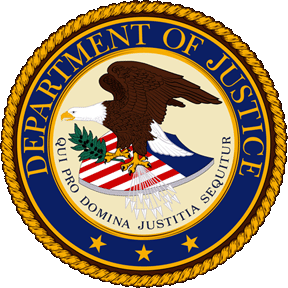 By The Detroit News
Editorial Board
By The Detroit News
Editorial Board
If Americans had no civil liberties, it would be a snap to keep the country safe and secure. Police states are highly effective at dissuading criminal activity and rooting out threats.
But as inconvenient as it often is for law enforcement, we do have a Bill of Rights that guarantees protections and procedures aimed at keeping us free, as well as safe.
Unfortunately, in recent years, many Americans have been too willing to forfeit those rights in the name of battling perceived existential threats, most notably drugs and terrorism. And federal agencies are all too keen about snatching bits and pieces of our freedoms to make it easier for them to do their jobs without the bother of adhering to the Constitution.
The latest example comes from the Justice Department, which has slipped a major intrusion on the Fourth Amendment into nearly 400 pages of arcane rule changes being considered by a judicial committee.
Federal prosecutors want to make it easier to find and hack into computers being used for cyber crimes, including child pornography and identity theft.
The Fourth Amendment limits property search warrants to geographical areas in which the signing judge has jurisdiction. The government claims the rules are no longer adequate in an era when cyber criminals can use their computers to not only hide their identity, but their whereabouts as well.
The proposed changes would allow judges in a district “where activities related to a crime” have occurred to issue a warrant. That would allow prosecutors to search computers currently outside their reach.
Civil libertarians are rightly concerned that the language of the proposal would sidestep the constitutional requirement that warrants be specific about who and what is being targeted by a search.




